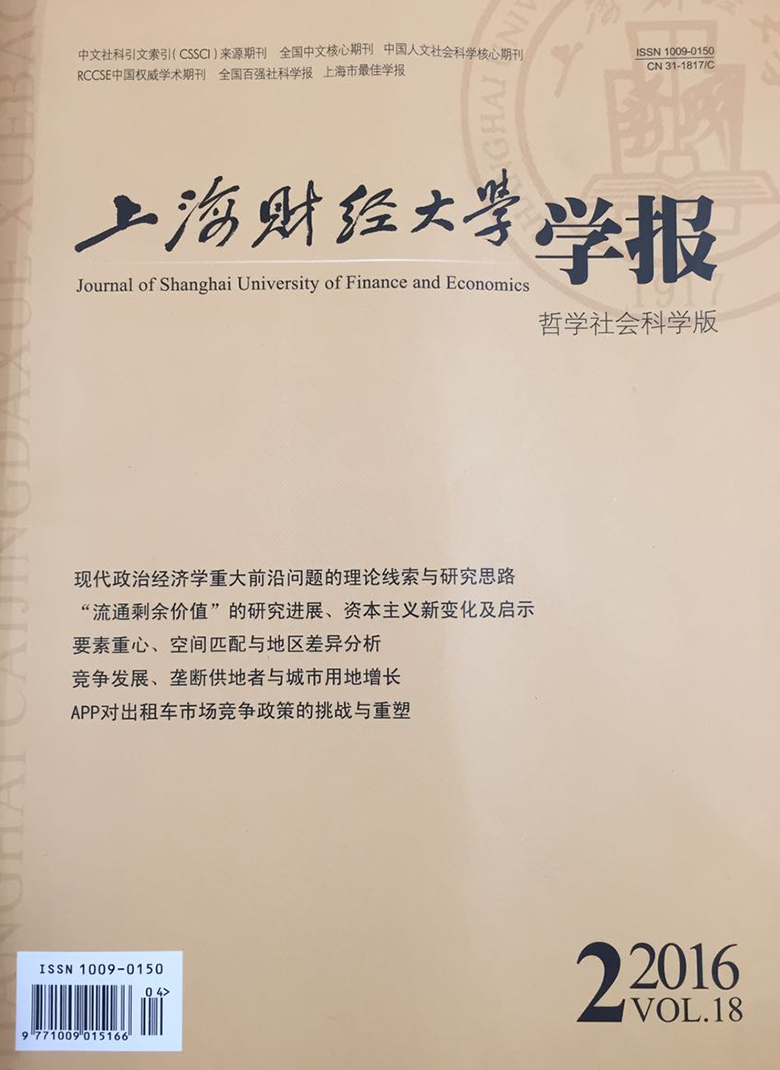The majority of regulatory authorities in the world prohibit free access to taxi market and free bargaining for taxi fares between drivers and passengers. This kind of policy restricting competition results from the game between interests groups, but also matches with significant information asymmetry in taxi market. APP remodels information transmission and trade competition mechanisms in taxi market, overturns the legitimacy foundation of restricting competition policy, and makes taxi market policy pattern with global convergence fall apart. A triangle analytical framework, so called group games-institutional environment-economic thoughts, as the important means for studying the transition of competition policy, can be used to reveal the general reasons for the transition of market regulation policy between competition openness and competition ban, and indicates that taxi markets in different law domains will achieve competition liberalization asynchronously and converge constantly to regulation policy encouraging competition.
 / Journals / Journal of Shanghai University of Finance and Economics
/ Journals / Journal of Shanghai University of Finance and EconomicsJournal of Shanghai University of Finance and Economics
LiuYuanchun, Editor-in-Chief
ZhengChunrong, Vice Executive Editor-in-Chief
GuoChanglin YanJinqiang WangWenbin WuWenfang, Vice Editor-in-Chief
Challenges and Reconstruction of Competition Policy in Taxi Market Resulting from APP
Journal of Shanghai University of Finance and Economics Vol. 18, Issue 02, pp. 91 - 103,128 (2016) DOI:10.16538/j.cnki.jsufe.2016.02.008
Abstract
References
Abstract
Keywords
Cite this article
Li Junfeng. Challenges and Reconstruction of Competition Policy in Taxi Market Resulting from APP[J]. Journal of Shanghai University of Finance and Economics, 2016, 18(2): 91–103.
Export Citations as:
For
Previous: 栏目主持人语
ISSUE COVER
RELATED ARTICLES




 7913
7913  7933
7933

